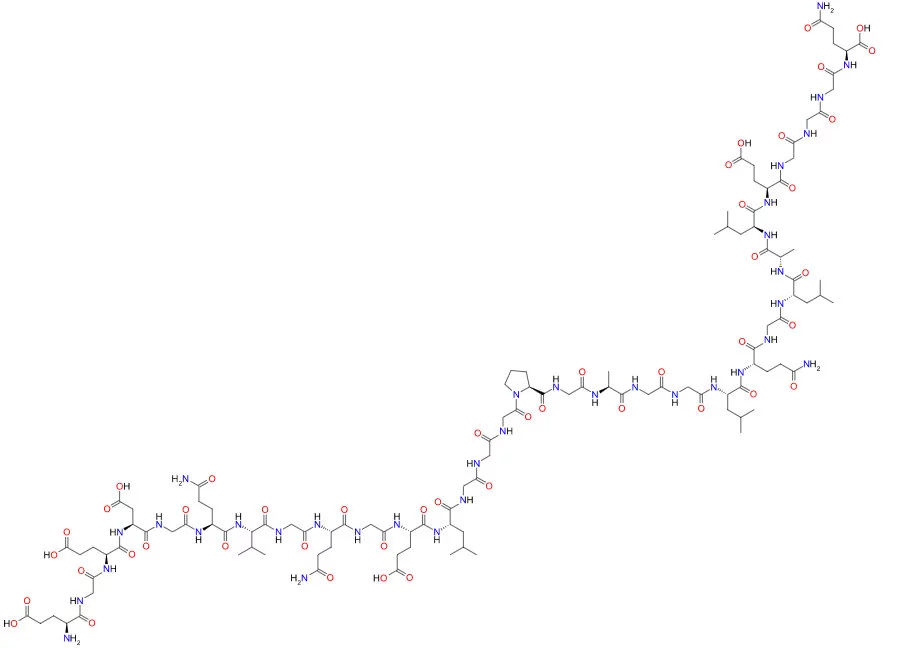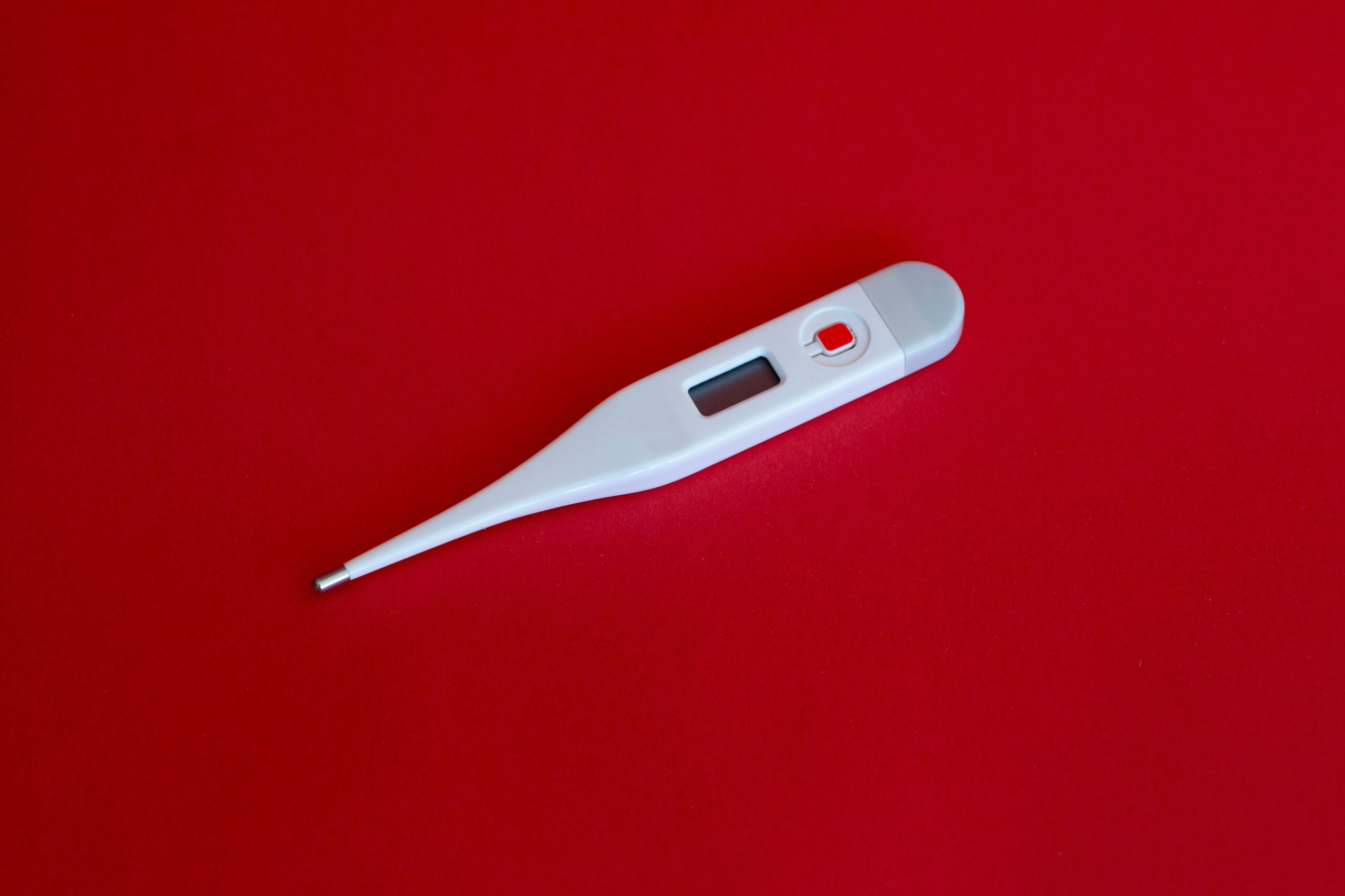Introduction
Diabetes is a chronic metabolic disorder characterized by high blood sugar levels. It affects millions of people worldwide and can lead to serious complications if left unmanaged. Accurate diagnosis of diabetes is crucial for appropriate treatment and management. One important biomarker that plays a significant role in diabetes diagnosis is C-peptide.
What is C-peptide?
 C-peptide is a byproduct of insulin production in the pancreas. When the pancreas releases insulin, it also releases C-peptide in equal amounts. While insulin is responsible for regulating blood sugar levels, C-peptide has no known function in the body. It serves as a useful marker to assess the production of endogenous insulin.
C-peptide is a byproduct of insulin production in the pancreas. When the pancreas releases insulin, it also releases C-peptide in equal amounts. While insulin is responsible for regulating blood sugar levels, C-peptide has no known function in the body. It serves as a useful marker to assess the production of endogenous insulin.
Implication of C-peptide in Diabetes Diagnosis
Measuring C-peptide levels in the blood can provide valuable information about the underlying cause of diabetes. There are two main types of diabetes: type 1 and type 2.
Type 1 Diabetes:
In type 1 diabetes, the immune system mistakenly attacks and destroys the insulin-producing cells in the pancreas. This results in little to no insulin production. When diagnosing type 1 diabetes, measuring C-peptide levels can help differentiate it from type 2 diabetes. Low or undetectable C-peptide levels indicate a lack of endogenous insulin production, confirming a diagnosis of type 1 diabetes.
Type 2 Diabetes:
Type 2 diabetes is characterized by insulin resistance, where the body’s cells do not respond effectively to insulin. Initially, the pancreas compensates by producing more insulin. Over time, however, insulin production may decrease. Measuring C-peptide levels in type 2 diabetes can help assess the remaining insulin production capacity of the pancreas. Higher C-peptide levels indicate that the pancreas is still producing insulin, albeit potentially insufficient for the body’s needs.
Other Uses of C-peptide in Diabetes Management
In addition to its role in diagnosis, C-peptide has other implications in diabetes management:
Monitoring Insulin Therapy:
C-peptide levels can be used to monitor the effectiveness of insulin therapy. If C-peptide levels remain low despite insulin treatment, it suggests that the pancreas is not producing enough endogenous insulin, and adjustments to the treatment plan may be necessary.
Predicting Hypoglycemia:
C-peptide levels can help predict the risk of hypoglycemia (low blood sugar) in individuals with diabetes. Low C-peptide levels indicate a reduced ability to counteract hypoglycemia, as C-peptide helps prevent excessive insulin release in response to low blood sugar levels.
Assessing Beta Cell Function:
Beta cells in the pancreas are responsible for insulin production. Measuring C-peptide levels can provide insights into beta cell function. This information is valuable in understanding the progression of diabetes and determining the appropriate treatment approach.
Conclusion
C-peptide is a valuable biomarker in the diagnosis and management of diabetes. It helps differentiate between type 1 and type 2 diabetes and provides insights into insulin production and beta cell function. By understanding the implications of C-peptide in diabetes, healthcare professionals can make informed decisions regarding treatment plans and improve the overall management of this chronic condition.



